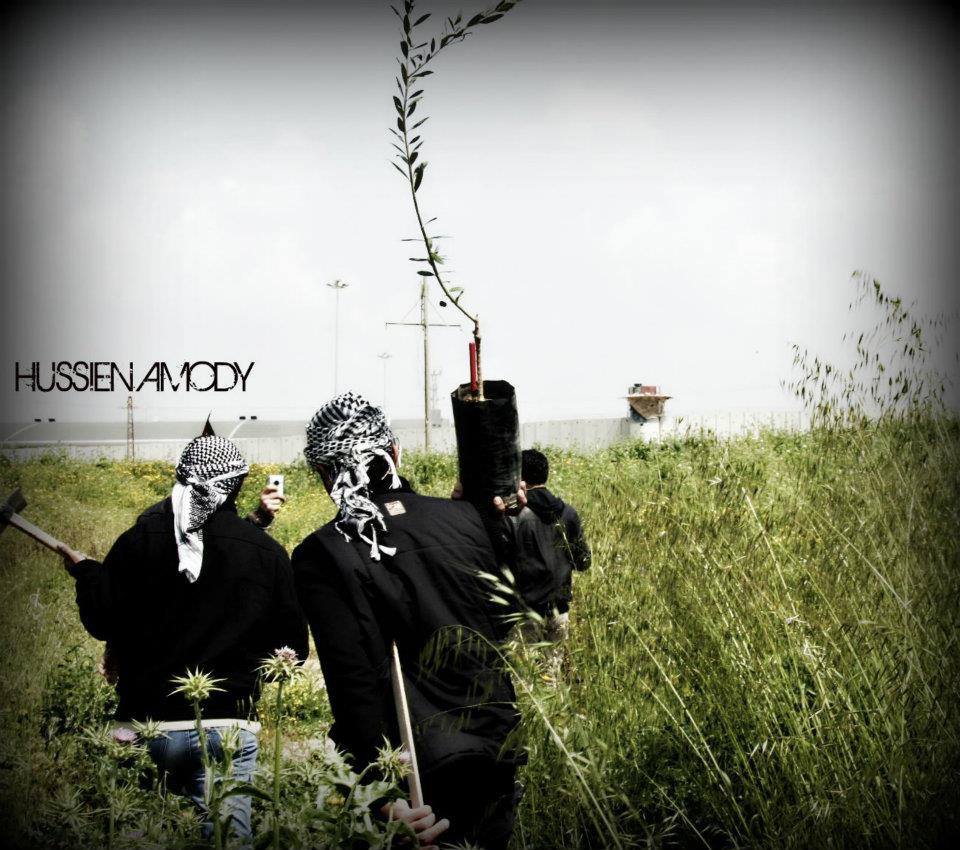Tag: Video
-
Swedish peace activist beaten up by Israeli Occupation Forces
by Jonas Weber and Jeff 1 April 2012 | International Solidarity Movement, West Bank A Swedish peace activist at the Land Day demonstration in Qalandia, outside of Ramallah, was arrested. During the arrest he was kicked and beaten by the Israeli soldiers. “It happened so fast, I never understood what was going on before I…
-
Land Day: From Gaza to Sakhnin we are all united with Bil’in
by Nathan Stuckey 27 March 2012 | International Solidarity Movement, Gaza Thirty six years ago on March 30th 1976 demonstrations against the confiscation of Palestinian land by the Israeli government spread throughout Palestine. Six Palestinians were killed, over a hundred wounded, and hundreds more arrested. Land day was one of the first large mobilizations of…
-
Settlers attack internationals accompanying school children on Shuhada Street
by Paige 28 March 2012 | International Solidarity Movement, West Bank Today at around 1 PM extremist settler Anat Cohen attacked a Canadian woman accompanying school children, and a few minutes later sent two teenage settlers to throw rocks at the Canadian woman and a Finnish man. The attack occurred at the bottom of the…


